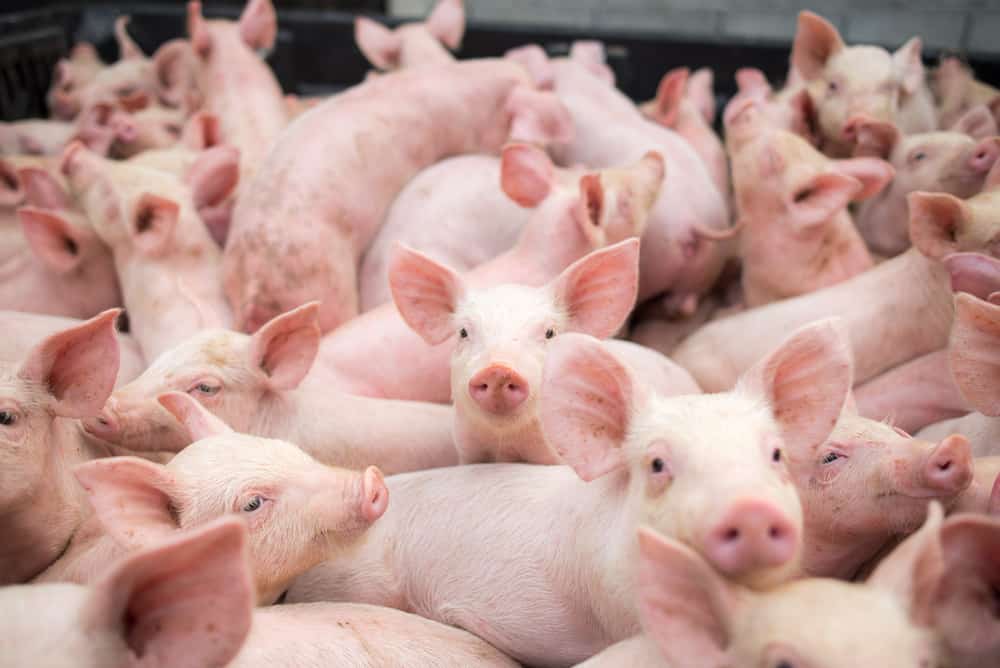
Good day,
The U.S. livestock industry is reeling from the damage caused by Hurricane Florence, with North Carolina bearing the maximum brunt, losing 3.4 million chicken and 5,500 hogs, as per estimates from the state government. Following this, the industry is taking stock of its options and assessing ways to bolster its disaster preparedness for the future.
Post-storm flash floods have wrecked five hog-waste lagoons and heavy downpour has caused waste to overflow from at least 30 sites, according to state officials. This is a dreary situation, as waste overflow could lead to salmonella outbreaks, and also insecticide and antibiotics percolation into the groundwater.
The U.S. Agriculture Secretary Sonny Perdue was of the opinion that farmers and livestock businesses had done a commendable job in mitigating damage, especially since some of the regions that were hit by the hurricane flooded for the first time. To prepare for future disasters, it would be prudent to move livestock farms and waste lagoons away from floodplains, helping localize any potential environmental damage.
Did you know?
The U.S. trade deficit in goods widened for the third month in a row, climbing to $75.8 billion from $72 billion in July.
Quotable:
“Trade and trucking are synonymous. If you mess with trade, you mess with trucking.”
– Dave Manning, chairman of ATA on the trade tariffs levied by the U.S. on Chinese exports
In other news:
Hershey steps up e-commerce efforts
Online sales have been a struggle for candy maker that depends on impulse purchases. (The Wall Street Journal)
California port tightens clean air standards for trucks
The Ports of Los Angeles and Port of Long Beach in Southern California will require all newly registered trucks servicing terminals at either port to be the model year 2014 or newer as of Oct. 1. (Trucking Info)
The inevitable oil supply crunch
The oil industry is clearly not finding enough new oil to provide for future demand, stoking fears of a significant supply crunch in the near future. (Oilprice)
Honda exec: ‘Tariffs are going to hurt the whole supply chain’
Steel and aluminum tariffs are creating uncertainty, unpredictability and an unsettling environment for all players in the automotive supply chain. (Supply Chain Dive)
Trade grows globally, but at slower pace, says DHL index
In spite of the chill wind blowing from the ongoing U.S.-China trade war and recent tariff escalations, the latest reports from DHL’s Global Trade Barometer index shows that world trade will continue to grow over the next three months, albeit at a slower pace. (Air Cargo World)
Final thoughts:
Elon Musk, the poster child of controversy is now embroiled in another issue, as the Securities Exchange Commission (SEC) filed fraud charges against him for his August 7 “funding secured” tweet. In the tweet, Musk had reportedly mentioned that he was thinking of taking Tesla private at $420 a share, which immediately sent Tesla stocks soaring by more than 6%.
“Musk’s statements, disseminated via Twitter, falsely indicated that, should he so choose, it was virtually certain that he could take Tesla private at a purchase price that reflected a substantial premium over Tesla stock’s then-current share price, that funding for this multi-billion dollar transaction had been secured, and that the only contingency was a shareholder vote. In truth and in fact, Musk had not even discussed, much less confirmed, key deal terms, including price, with any potential funding source,” the SEC alleged in its filing.
Though there are many theories to what made Musk proclaim thus, it can be agreed that the tweet had created enough speculation to pump up Tesla’s stock price – something which has obviously not gone down well with the SEC. As news broke of the SEC charges, shares of Tesla have plunged since then, with Musk replying that he is “deeply saddened and disappointed” at the fraud accusation.
Hammer down, everyone!







